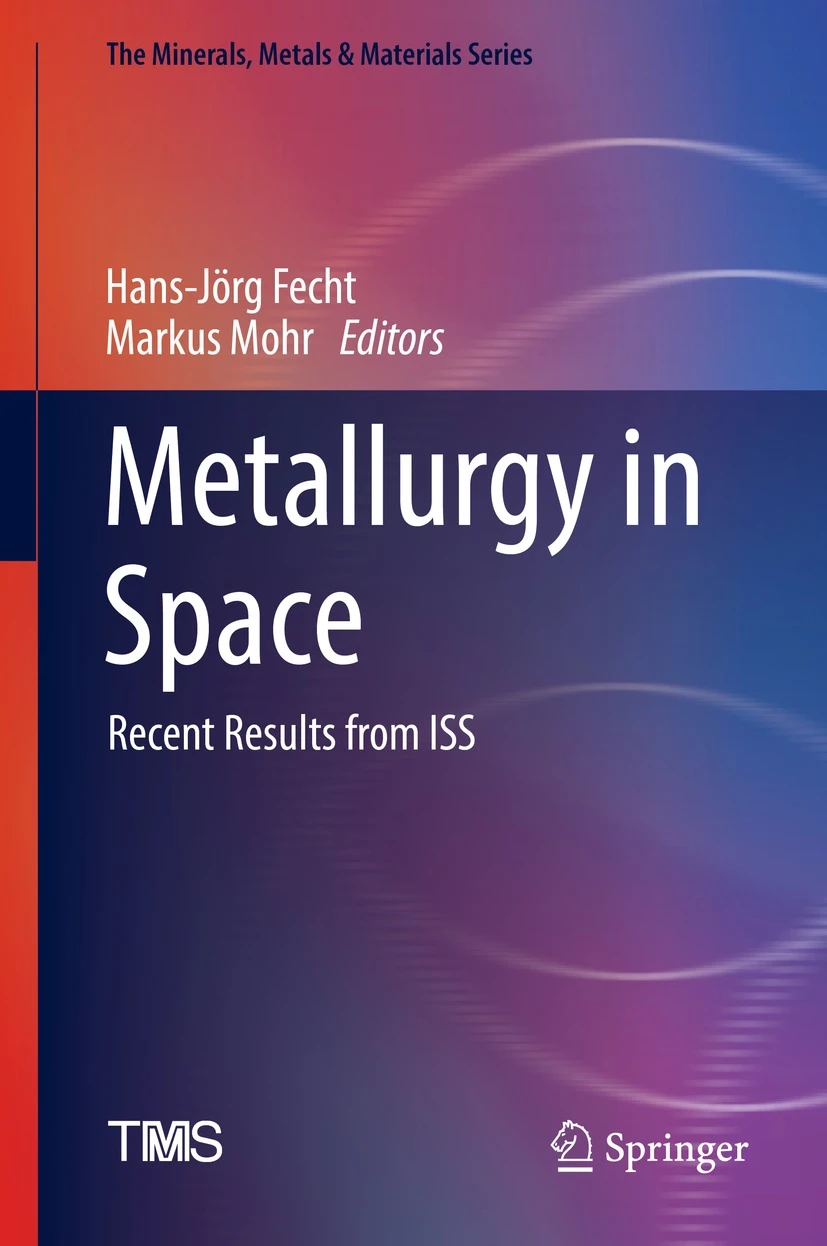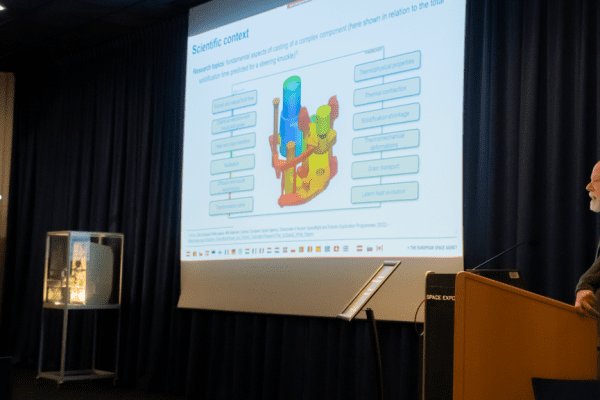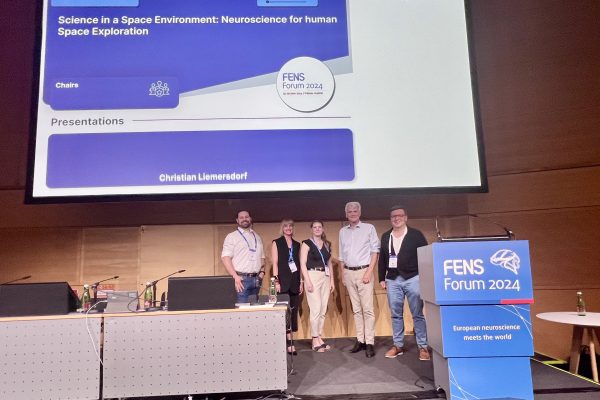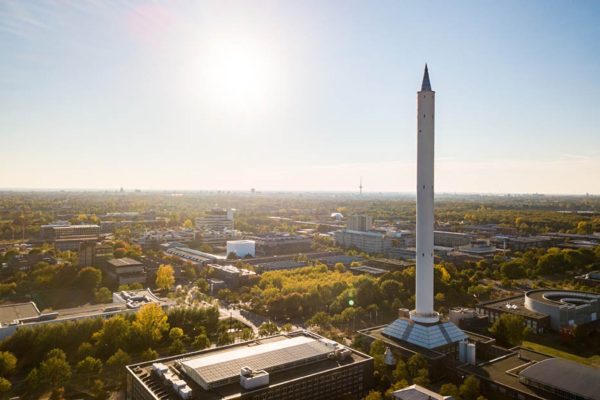Investigating the Biological and Physical Effects of Radiation (IBPER)
ESA provides scientists with an opportunity to conduct research necessary to advance knowledge relevant to the effects of space radiation in the area of Life, Physical, and Moon & Mars Sciences. To this aim, ESA has identified 5 European accelerator facilities that that are ideally suited to provide beam-time necessary to conduct experiments addressing the above research questions. In addition, ESA works very closely with the GSI institute in Darmstadt, DE to offer beam time to interested science teams.
Data obtained from these studies can improve the models, which are necessary for correct radiation risk assessment. In addition to supporting the needs of human space exploration missions the information obtained is relevant to assessment of terrestrial risks due to low dose ionising radiation exposure and improvement of charged particle therapy in oncology.
In addition to supporting the needs of human space exploration missions the information obtained will be relevant to improve Earth-based technologies and/or medical protocols.
FACILITIES
Together with a group of experts, ESA identified 5 European accelerator facilities that that are ideally suited to provide beam-time necessary to conduct experiments addressing the above research questions. An overview of the facilities and detailed description can be found in Annex 1.
Proposals can be submitted on the OSIP platform


Current research opportunities
AO-2024-TissueChipOrganoidGround
Deadline: May 30, 2025
Apply now to the ground-based announcement of opportunity making use of tissue-on-chip and organoid models to study the impact of space stressors
AO-2025-Radiation-IBPER
Deadline:
Apply now for the Announcement of Opportunity for Investigations into Biological and Physical Effects of Radiation at GSI




